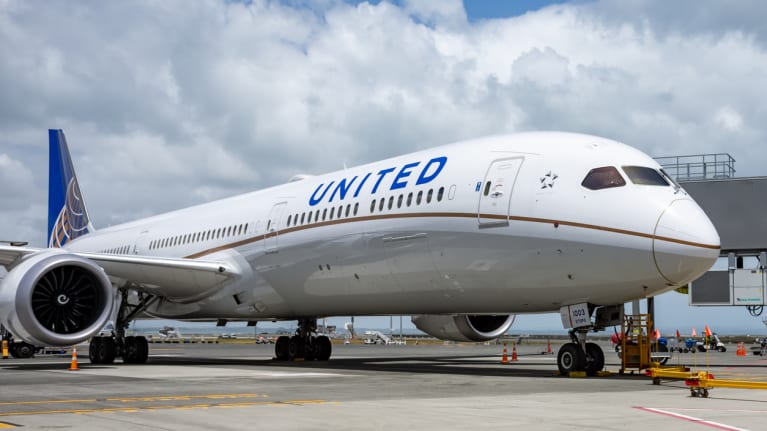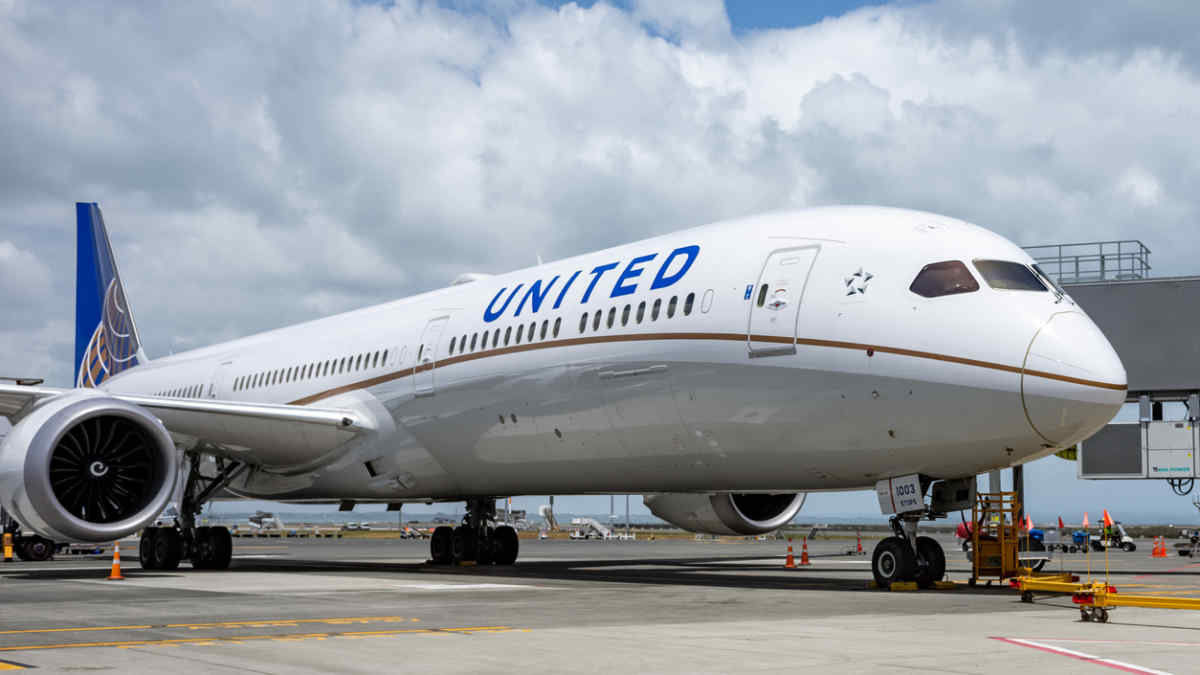

?Takeaway: A plaintiff need only show pretext to support a discrimination verdict. The courts have rejected defense efforts to require proof of “pretext plus” discriminatory motivation on the part of the employer.
?The 10th U.S. Circuit Court of Appeals upheld a verdict finding United Airlines had willfully discriminated against two older flight attendants under the Age Discrimination in Employment Act (ADEA), based on evidence at trial that United’s justifications for their discipline were false.
The plaintiffs were flight attendants who had worked for United for decades. Both had rendered good service in their years of employment and had received only minor discipline. The plaintiffs were based out of Denver International Airport.
A complaint was brought against the plaintiffs by a fellow flight attendant who contacted their supervisor about their conduct on a flight that had occurred a few days before. She alleged that the plaintiffs watched a video on an iPad when they were on duty. United’s policies, procedures and service standards for all flight attendants prohibit the use of personal electronic devices by flight attendants on board the aircraft while customers are present.
The supervisor e-mailed United’s manager of in-flight services at Denver International Airport, the ultimate decision-maker as to the plaintiffs’ employment. The manager asked a California-based supervisor to anonymously observe the plaintiffs’ job performance, including whether they would again watch a video while on duty.
This observation happened while the plaintiffs were working a short flight between Denver and San Francisco. On that flight, the investigator catalogued several policy violations, including the plaintiffs sitting on carrier boxes (steel containers for stowing items in galleys) and sharing a pair of earbuds and watching a video on an iPad. He saw one of the plaintiffs smoking an e-cigarette during the flight.
He also observed less serious policy violations, such as:
- A plaintiff not being properly positioned during his safety demonstration at the beginning of the flight.
- The plaintiffs’ rushed and incomplete beverage service.
- The plaintiffs’ failure to wear their aprons and name tags.
- A plaintiff giving a free alcoholic beverage to a customer.
- The plaintiffs’ failure to comply with sanitation procedures for the water service.
The supervisor met with the plaintiffs and their union representative to discuss the violations. At that meeting, he thought both plaintiffs were dishonest, and he issued disciplinary letters of charge to them. United then held disciplinary proceedings. The plaintiffs submitted evidence, their supervisor presented evidence and the manager served as the hearing officer. The manager did not find either plaintiff credible and decided to terminate their employment. Their union representative asked that they be allowed to retire, and the manager agreed. One plaintiff was 55 years old and the other was 61 years old. They had served 29 and 41 years as flight attendants, respectively.
The plaintiffs filed suit against United, alleging discriminatory discharge. Their claims were heard over a five-day trial. At trial, United focused on the plaintiffs’ lack of direct evidence of age discrimination, their failure to complain of age discrimination prior to termination, and their admission of policy violations and dishonesty during the disciplinary process.
The plaintiffs sought to convince the jury that United’s proffered rationales for their terminations were pretextual and unworthy of credence. They did so by showing alleged inconsistencies in these explanations, attacking the credibility of United’s witnesses and pointing out purported procedural irregularities. They noted that the reasons given for their terminations—alleged dishonesty and the safety-related policy violations—were not mentioned in the letters of charge. They minimized the alleged policy violations as commonplace or minor. The investigator admitted that United instructed him to observe only the plaintiffs and not other crew working on the flight—the only time he was so instructed in over 50 flights.
Testimony suggested that United’s practice was to mete out progressive discipline, which was not followed in the plaintiffs’ cases and arguably showed subjective decision-making. The plaintiffs also offered emotional distress testimony to support their claim of constructive discharge, which the district court allowed over United’s objection.
The jury found in favor of the plaintiffs on their age discrimination and willfulness claims, awarding corresponding damages. The district court entered final judgment and denied United’s motions for judgment as a matter of law and a new trial. United appealed.
The 10th Circuit agreed with the plaintiffs that they did not have to present direct evidence of age discrimination to prove an ADEA violation. The court acknowledged that the evidence did not strongly suggest willful discrimination, but nonetheless found it sufficient to support the jury verdict. The court found no error in the admission of the emotional distress testimony.
Stroup v. United Airlines Inc., 10th Cir., No. 19-1373 (Feb. 28, 2022).
Jeffrey Rhodes is an attorney with McInroy, Rigby & Rhodes LLP in Arlington, Va.

